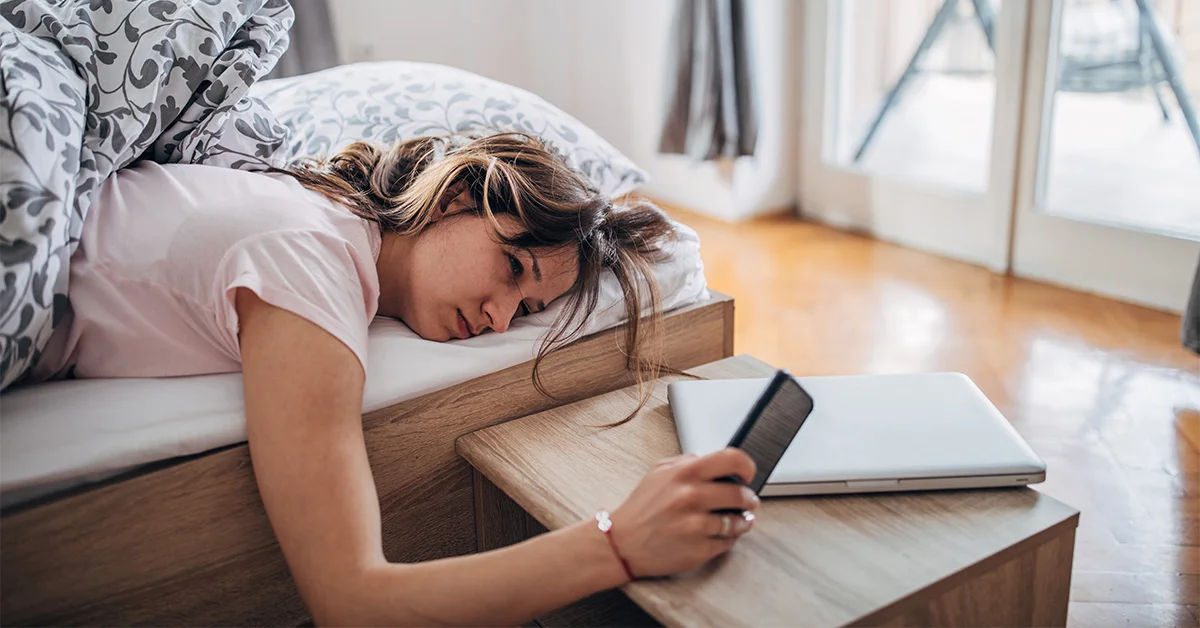Sleep is a basic human need that is often taken for granted. It is essential for our physical and mental well-being, yet many of us struggle with it. Insomnia, sleep deprivation, and other sleep disorders have become increasingly common in today’s world. Not only does sleep affect our mood and productivity, but it also plays a crucial role in our overall health. In this article, I will discuss the secrets to a good night’s sleep and provide expert tips on how to fall asleep fast.
The Importance of Sleep
Sleep is a vital part of our daily routine. It is as important as eating, drinking, and breathing. During sleep, our body repairs and rejuvenates itself. It is a time when the brain processes and consolidates memories, and the body releases hormones that regulate growth and appetite. Getting enough sleep is essential for maintaining a healthy immune system, reducing the risk of chronic diseases, and improving cognitive function.
What Happens When You Don’t Get Enough Sleep
Sleep deprivation can have serious consequences on our health and well-being. It can affect our mood, memory, and concentration, making it difficult to perform daily tasks. Chronic sleep deprivation can lead to an increased risk of depression, anxiety, and other mental health disorders. It can also weaken the immune system, making us more susceptible to illnesses. In the long run, chronic sleep deprivation can increase the risk of developing chronic diseases such as diabetes, obesity, and cardiovascular disease.
Common Causes of Sleeplessness
There are several factors that can contribute to sleeplessness. Stress, anxiety, and depression are common causes of insomnia. Other factors include irregular sleep patterns, jet lag, shift work, and certain medications. Stimulants such as caffeine and nicotine can also interfere with sleep. Additionally, environmental factors such as noise, light, and temperature can disrupt sleep.
General Tips to Improve Sleep Quality
There are several general tips that can help improve sleep quality. Maintaining a regular sleep schedule, avoiding caffeine and alcohol before bed, and creating a comfortable sleep environment can all help promote better sleep. It is also important to avoid using electronic devices before bed as the blue light emitted by these devices can interfere with the production of melatonin, a hormone that regulates sleep.
Expert Tips on How to Fall Asleep Fast
If you struggle with falling asleep, there are several expert tips that can help. One technique is progressive muscle relaxation, which involves tensing and relaxing different muscle groups in the body. Another technique is visualization, which involves imagining a peaceful scene or activity. Deep breathing exercises and meditation can also help calm the mind and promote relaxation. Additionally, cognitive-behavioral therapy (CBT) can help address underlying issues that may be contributing to sleeplessness.
Tips for Sleeping with Anxiety
Anxiety can make it difficult to fall asleep and stay asleep. If you struggle with sleep and anxiety, there are several tips that can help. One technique is to create a relaxing bedtime routine, such as taking a warm bath or reading a book. It is also important to avoid stimulating activities before bed, such as watching TV or using electronic devices. Cognitive-behavioral therapy (CBT) can also be effective in managing anxiety and improving sleep.
Natural Remedies for Sleeplessness
There are several natural remedies that can help promote better sleep. Herbal teas such as chamomile and valerian root can help promote relaxation and improve sleep quality. Aromatherapy with essential oils such as lavender and chamomile can also help promote relaxation. Additionally, melatonin supplements can help regulate sleep-wake cycles and improve sleep quality.
Sleep Aids and Medications
Sleep aids and medications can be effective in managing sleeplessness, but they should be used with caution. Over-the-counter sleep aids such as diphenhydramine can cause drowsiness and have side effects such as dry mouth and dizziness. Prescription medications such as benzodiazepines and non-benzodiazepine hypnotics can be effective, but they can also have side effects and can be habit-forming.
Creating a Sleep-Conducive Environment
Creating a sleep-conducive environment is essential for promoting better sleep. This includes keeping the bedroom cool, dark, and quiet. Investing in a comfortable mattress and pillows can also help promote better sleep. Additionally, using white noise machines or earplugs can help block out noise and promote relaxation.
Conclusion
Getting enough sleep is essential for our physical and mental well-being. By following these expert tips, you can improve sleep quality and fall asleep faster. Remember to create a relaxing sleep environment, avoid stimulating activities before bed, and address any underlying issues that may be contributing to sleeplessness. If you continue to struggle with sleep, talk to your healthcare provider to explore other treatment options.


